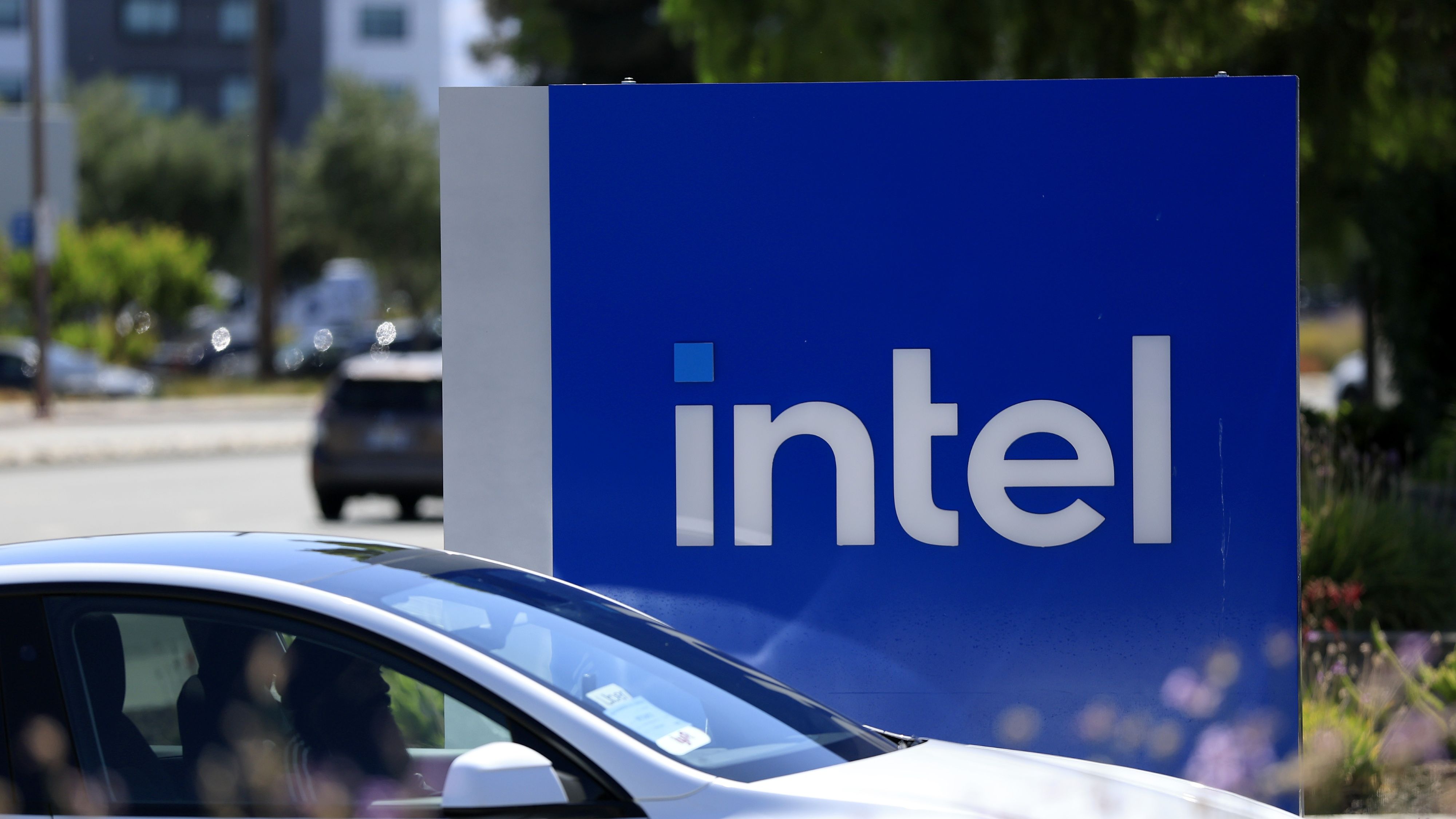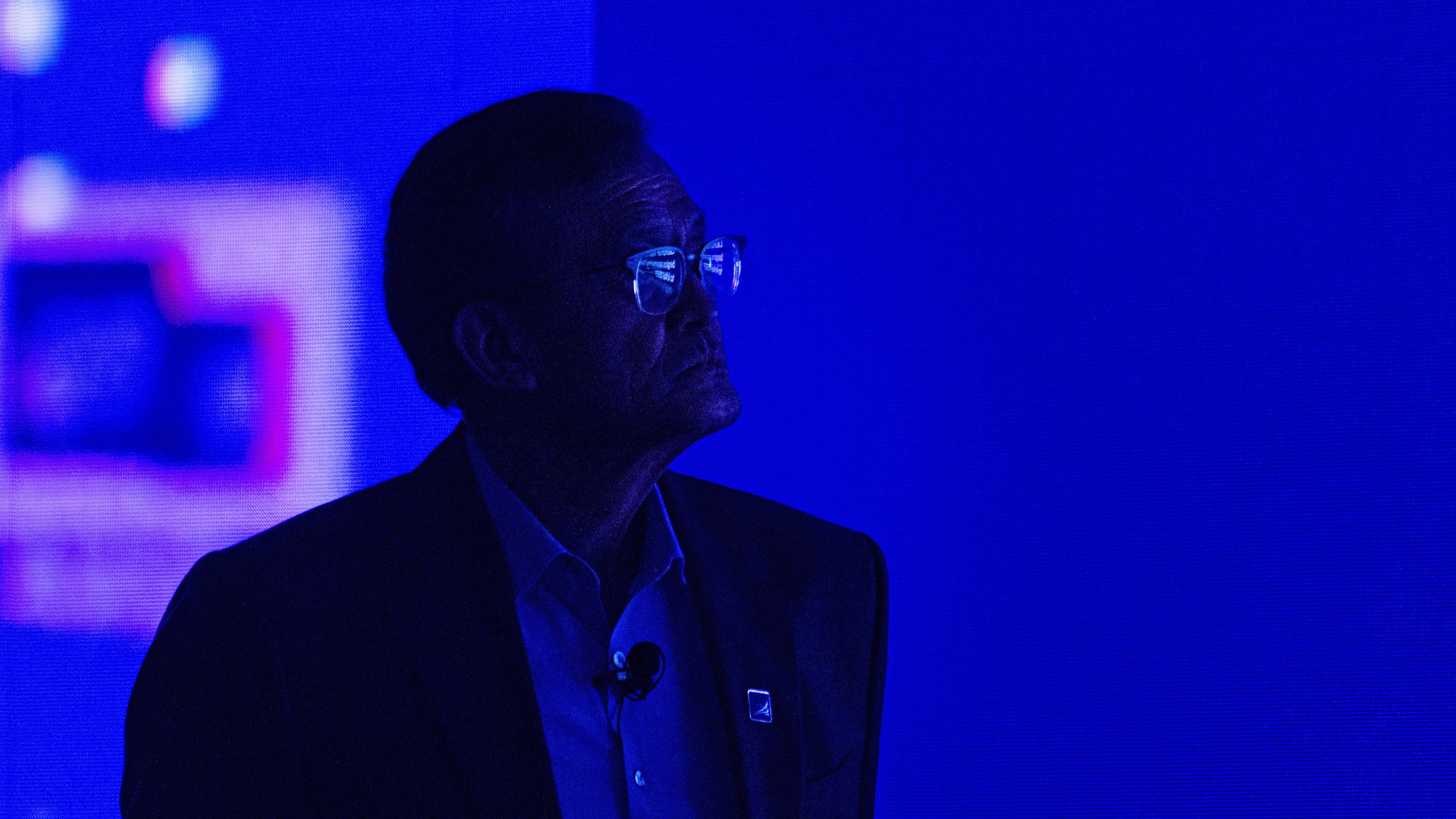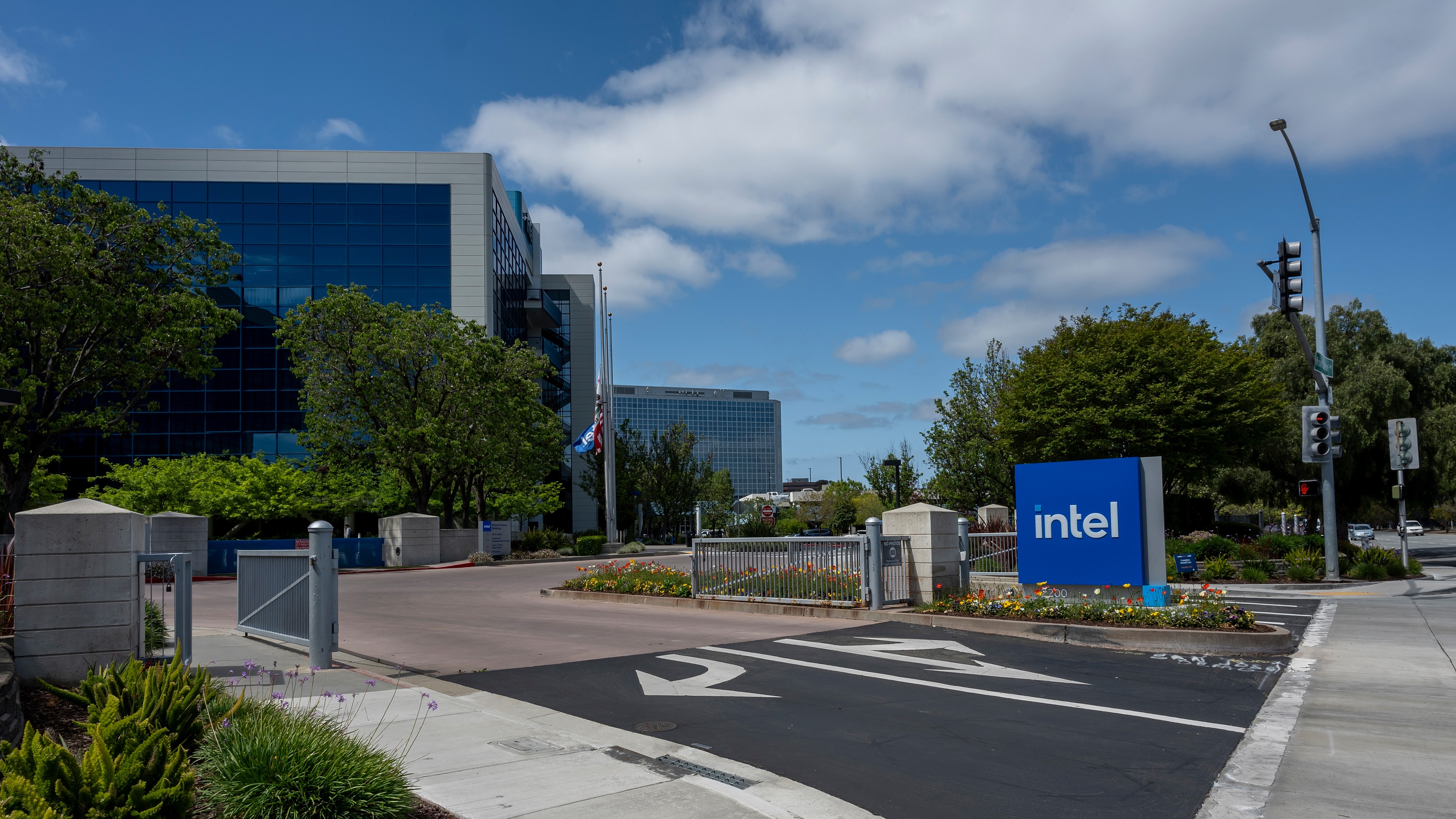Intel is laying off thousands of US workers in AI restructuring — CEO Lip-Bu Tan says it's "too late" to catch up with the competition
Around 5,000 "surplus" employees will be cut from positions at Intel across the United States as it focuses on artificial intelligence.

All the latest news, reviews, and guides for Windows and Xbox diehards.
You are now subscribed
Your newsletter sign-up was successful
Intel is making extensive cuts to its business, with layoffs in the United States affecting thousands of "mostly back office staff" employees, including those in California, Oregon, and Texas. In the Middle East, hundreds more are losing Intel Foundry jobs at fabrication plants in Israel (via The Register).
These layoffs follow an internal broadcast from CEO Lip-Bu Tan, who told his employees that Intel is "not in the top 10 semiconductor companies" and that it's "too late" for them to train in-house AI models on hardware that could compete with NVIDIA's dominance in the sector (via Oregon Live).
Lackluster product launches and expenses in its chip fabrication business have forced the company to shift its focus to edge and agentic AI running on local hardware rather than in data centres, with new executives joining to facilitate the change and help "restore Intel's position as a world-class products company".
Since replacing the (forcibly removed) ex-CEO Pat Gelsinger at Intel, Lip-Bu Tan began implementing this restructuring plan with $1.5 billion in cost reductions (via Tom's Hardware) aimed at cutting the company's headcount by 20%.
He acknowledges that turning the limping business around won't be easy; rather, it'll be a "marathon" to catch up to its common processor competitors at AMD and the AI powerhouse of NVIDIA, whose CEO, Jensen Huang, already dismisses claims that AI could cut "half" of entry-level white-collar jobs.
As we announced earlier this year, we are taking steps to become a leaner, faster, and more efficient company.
Intel
I've been an advocate for a few of Intel's products, admittedly on the consumer side and less so for its data center mega-chips, but it's still a shame to see the company so clearly lagging behind its aspirations after so many years of dominance. NVIDIA has already become the first $4 trillion company, and there's no denying its status as the AI hardware champion.
In particular, Intel's Lunar Lake mobile processors from last year marked an impressive uptick in power efficiency and graphics performance in devices like laptops and the MSI Claw 8 AI+ handheld gaming PC, which I've recently been tinkering with and developing similarly high praise. The chips were such a drastic improvement over Meteor Lake that it was almost too easy to recommend any devices that used them.
All the latest news, reviews, and guides for Windows and Xbox diehards.
However, testing Intel's Core Ultra 9 285K desktop processor was a continued hint that Intel might lose its ranking as the top choice for the majority, as its gaming performance barely shifted from its previous Intel Core 14th Gen chips, which were already blighted by the same irreversible instability damage that affected 13th Gen predecessors.
All this and an apparent brushing aside of Intel's "Battlemage" desktop graphics card range has me frustrated with the untapped potential of the company's chances as a third player in the GPU category.
Sure, the same graphics technology lurks inside integrated Xe2 GPU tiles in the Lunar Lake processors, but the desktop market is the one to win; one already saturated by NVIDIA's expensive RTX 50 Series and AMD's response in the far more affordable Radeon RX 9000 rivals.
Of course, restructuring and layoffs are all a part of big business. Losing $16.6 billion in revenue in Q3 of 2024 was a hint of things to come at Intel, and now we're seeing the cuts coming into place in the US and its other locations around the world. It's a brutal reality for the workers affected, with a heavy expectation on the company to prove it can recover after reducing expenses.

Ben is a Senior Editor at Windows Central, covering everything related to technology hardware and software. He regularly goes hands-on with the latest Windows laptops, components inside custom gaming desktops, and any accessory compatible with PC and Xbox. His lifelong obsession with dismantling gadgets to see how they work led him to pursue a career in tech-centric journalism after a decade of experience in electronics retail and tech support.
You must confirm your public display name before commenting
Please logout and then login again, you will then be prompted to enter your display name.


